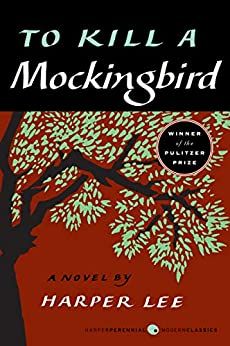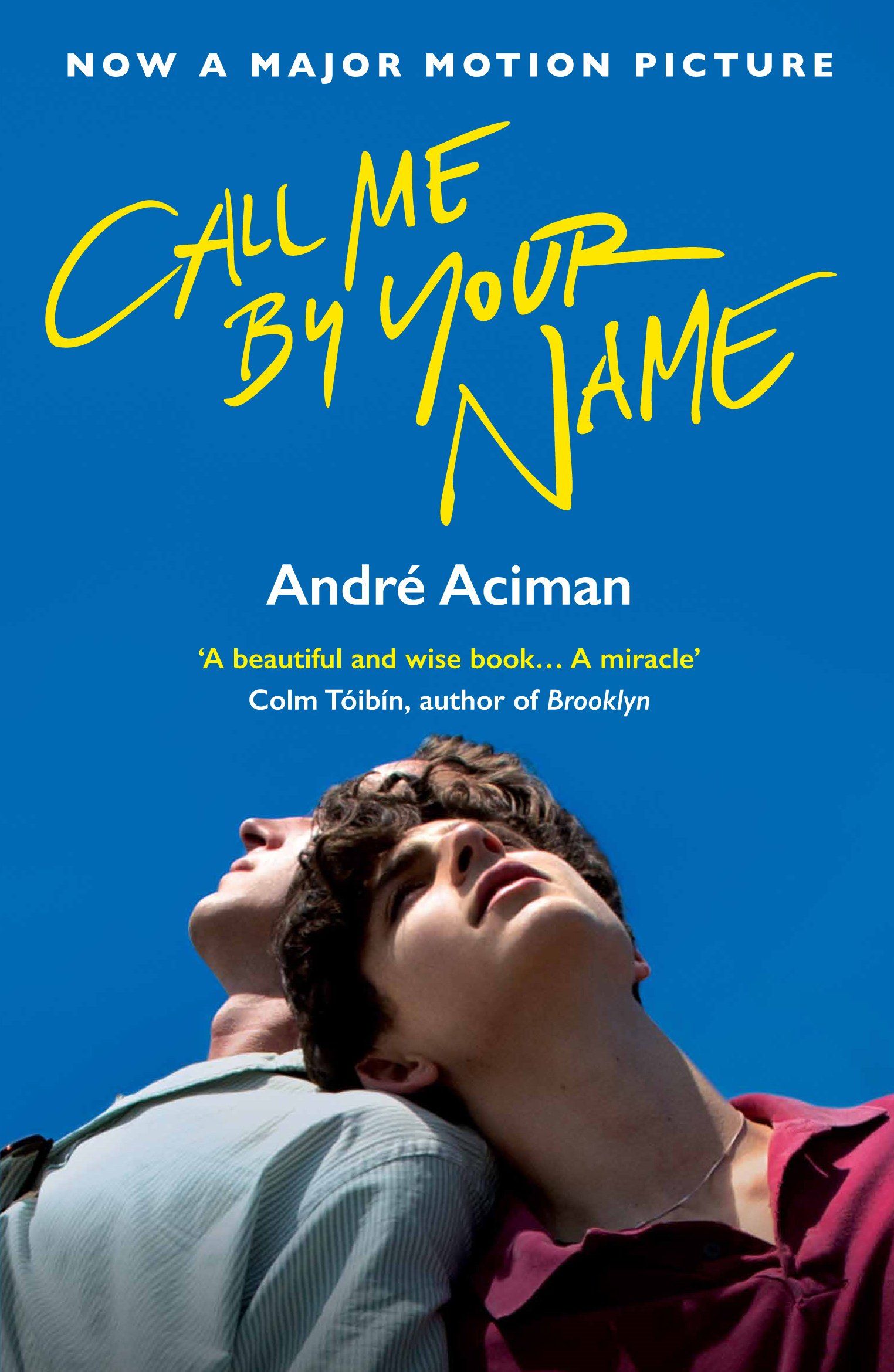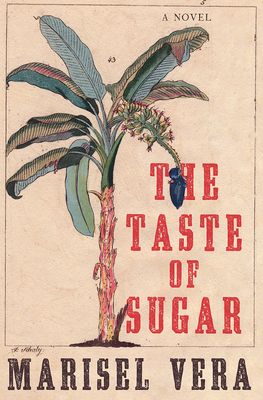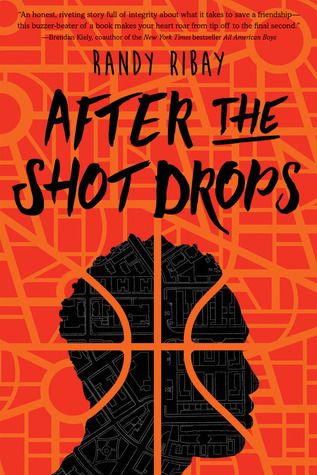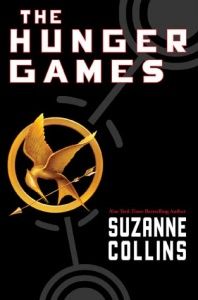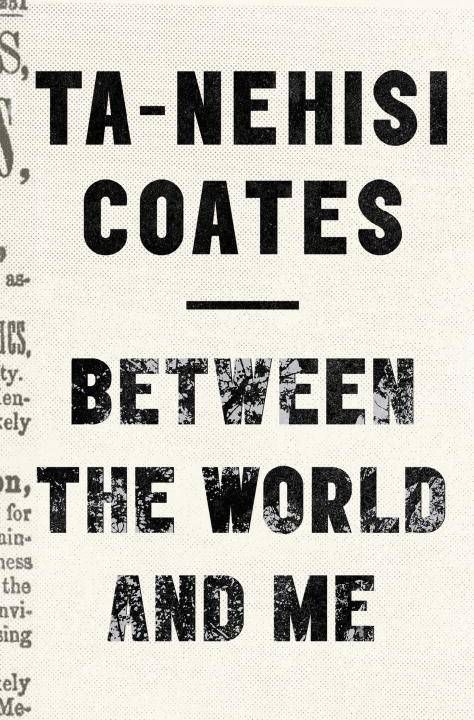
Redefining Masculinity: 9 Essential Books About Healthy Masculinities
I grew up in a household where expressing emotions was frowned upon. As a child, I was taught not to cry or else other people would call me a “girl.” So when I became a teenager, I was quite…impassive. I didn’t talk about my problems with friends and even to my family members for fear of being called weak. “Don’t be such a baby,” they would say. This poor upbringing triggered episodes of mental health problems in me that I am still struggling to cope with.
My experience is a typical example of traditional masculinity. Like me, other boys and men have been told to “man up” and are even shamed when they become vulnerable. This makes them less open to having other male friends whom they can talk to about their poor emotional health. Hence, it’s not surprising that depression is common among men — thanks to a cycle of toxic masculinity.
Below are nine books about healthy masculinities, ones that explore a wide range of masculinities and redefine what it means to be a man. This list is not definitive; there are many books out there that discuss healthy masculinities, but they are mostly written by white men. In this list, you can find books that feature role models of healthy masculinities, personalities that discuss the subject in-depth, and characters that embrace and celebrate male friendships.
Fiction Books About Healthy Masculinities
Adult
A Little Life by Hanya Yanagihara
This novel centers around four young men in New York City named Willem, Jude, Malcolm, and JB as they navigate their lives and careers. JB is a painter, Willem is an actor, Malcolm is an architect, and Jude is a lawyer. The book tackles sensitive themes such as sexual abuse and mental health problems. It’s such a disturbing but fulfilling read at the same time.
What’s special about it is the close friendship among the four; male friendship is one of the strongest themes of the book. The Sunday Times reports that author Yanagihara “had observed the relationship her colleague had with his close male friends from college. ‘The way they expressed their love and concern was often through joking, wrestling or punching. That didn’t mean there wasn’t a depth of feeling, but they were limited in how they could express it.’” This sums up how men these days express their affection toward their male friends.
Another admirable aspect of the book is the friendship between gay and straight men. Three of them are not straight, and Malcolm, who is, loves and respects all of them as they are. Many straight men would shy away from having gay friends because of homophobia. Gay-straight friendships are just not common. But apparently, A Little Life shows that times are changing.
To Kill a Mockingbird by Harper Lee
This modern classic doesn’t disappoint. I’m sure everyone has already read it, but for those who haven’t yet, To Kill a Mockingbird is set in the fictional town of Maycomb, Alabama, during the Great Depression. It follows Jean Louise “Scout” Finch as she shares memories of her childhood in Maycomb. Much of the book also focuses on her father, Atticus Finch, a lawyer, as he defends a Black man named Tom Robinson in a case wherein he’s racially prejudiced.
Atticus Finch is a remarkable character in literature. He is compassionate, respectful, fair, wise, and humble. He is also a good role model to his children as he treats them well. Though he is ridiculed for defending Tom, he stands by his decision. “You never really understand a person until you consider things from his point of view — until you climb into his skin and walk around in it,” Lee writes as Finch.
Call Me by Your Name by André Aciman
Who could forget the erotic love story of Elio and Oliver in Call Me by Your Name? For the uninitiated, the novel follows Elio, son of academic parents, and Oliver, a college graduate student who interns for Elio’s father, Samuel. The book was adapted into film in 2017 and received a positive reception.
There’s nothing extraordinary between their romance, so we should steer the conversation toward Samuel instead. I think that he is a great man by being a good father to Elio. When Elio reveals to him that he and Oliver have a special relationship, Samuel doesn’t berate him for this revelation.
Meanwhile in real life, some fathers might disown their sons for opening up about their sexuality; they might even physically abuse them. I know because there are a lot of similar cases where I live. Others might even kick their sons out of their households and even force them to sign up for “conversion therapy.” But not Samuel. He is very understanding of Elio’s struggles as a young man.
The Taste of Sugar by Marisel Vera
There’s a lot to love in this book. Aside from the intriguing premise, it captures the harrowing experience of Puerto Ricans during the 20th century at the hands of Americans and the Spaniards. In The Taste of Sugar, Valentina and Vicente are among the Puerto Ricans devastated by a hurricane in 1899. Because of poverty, they are forced to migrate to Hawaii and work in a sugar plantation.
Vicente is an exceptional character. He is very much different from his father, Raul, who is a womanizer. Though there are a lot of misfortunes in Vicente’s life — losing his family’s livelihood and two of his children — he doesn’t become aggressive and violent toward Valentina. In fact, he is protective of his family. “I would never do anything to hurt you or your family,” he tells her. It’s refreshing to encounter a character who, even after losing everything, still remains gentle.
Young Adult
After the Shot Drops by Randy Ribay
Told in alternating perspectives, the novel follows two male best friends named Bunny and Nasir. Bunny is a high school basketball player who accepts a scholarship to attend St. Sebastian’s, a private high school. Nasir doesn’t like it, though, and he feels betrayed for Bunny’s decision. So he cuts ties with him. But deep inside, the two boys are just lonely and afraid to talk to each other about their issues.
This is initially an example of harmful masculinity — presenting boys as emotionless individuals. That they can’t be open with each other. Ribay highlights this problem in this young adult book featuring boys of color. “[Bunny and Nasir’s] issues are grounded in this loneliness, and it seems so obvious that they could resolve their problems if only they knew how to communicate honestly, to be vulnerable with each other,” wrote Ribay in this Tumblr blog post.
I won’t drop spoilers, but the conclusion demonstrates a positive masculinity.
The Hunger Games by Suzanne Collins
I loved The Hunger Games series as a teenager for many different reasons. For those picking it up for the first time, the first book follows protagonist Katniss Everdeen as she finds ways to survive in a dystopian world. When the annual Hunger Games, a competition wherein teenagers kill one another to win prizes, is announced, she volunteers in place of her sister.
Her friend, and eventually lover, Peeta Mellark, is another role model who embodies a healthy kind of masculinity. He is not your usual macho tough guy, and he openly expresses his emotions. He is also gentle, respectful, sensitive, compassionate, and confident without being arrogant. I wish that there were more male characters like him in fiction and in real life.
Nonfiction Books About Healthy Masculinities
Between the World and Me by Ta-Nehisi Coates
The book is written in a form of letter from Coates to his son. It is a powerful and moving social commentary on race, and it offers so much more.
Between the World and Me also explores healthy, Black masculinity as Coates talks to his son about the struggles of young Black boys growing up in a racially-divided America. “I have no desire to make you ‘tough’ or ‘street,’ perhaps because any ‘toughness’ I garnered came reluctantly,” Coates addresses his son.
“By analyzing Coates’s projection of his own role as a man and as a father as well as his complex and multifaceted representations of Black manhood…Coates promotes a caring masculinity and, most importantly, how he presents resistance to hegemonic notions of masculinity,” according to this study on Black masculinities of this book.

The Mask of Masculinity: How Men Can Embrace Vulnerability, Create Strong Relationships, and Live Their Fullest Lives by Lewis Howes
I initially couldn’t relate to Howes; he is a rich, white man and a total “jock,” and Publishers Weekly even called out the “too many humblebrags” of this book. I find it quite relatable to heterosexual men, though. Besides, Howes says he’s aware that he’s not a medical expert and that he’s not qualified to lecture anyone.
In The Mask of Masculinity, he goes personal by discussing the various “masks” men wear: stoic, athletic, aggressive, sexual, joker, know-it-all, invincible, material, and alpha. “I’m going to be making my case for removing the masks of masculinity for the most selfish of reasons: It will make you better, make you happier, and make you more successful,” he writes.
Howes means well, and his book advocates for positive masculinities.
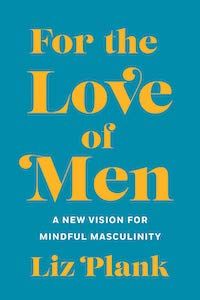
For the Love of Men: From Toxic to a More Mindful Masculinity by Liz Plank
In For the Love of Men, feminist journalist Plank talks to various men to see how they view masculinity. “After trying to interview several men, I realized that masculinity was something you did, not something you talked about,” she writes, citing that men don’t talk about the subject enough. She says that there is an absence of conversation regarding positive masculinities among men, and so she raises the question: “Where is the version of a feminist movement, but for men?”
Plank uses research to back her conclusions on this sensitive topic. This book is eye-opening and educational — a must-read.
I hope that by reading all the books books about healthy masculinities above, you get to understand that masculinity comes in all shapes and sizes. But it doesn’t stop there; find more books about healthy masculinities here:



